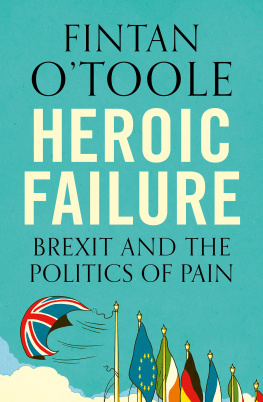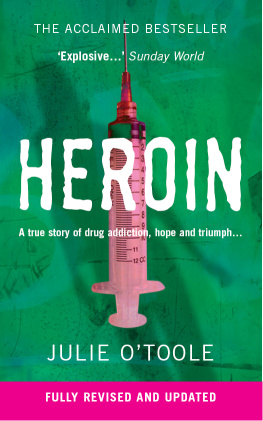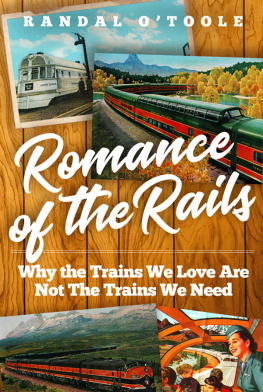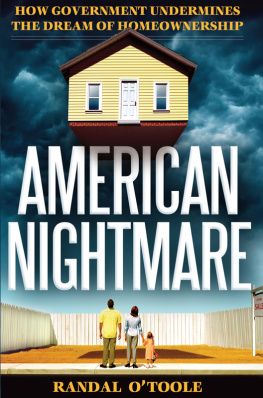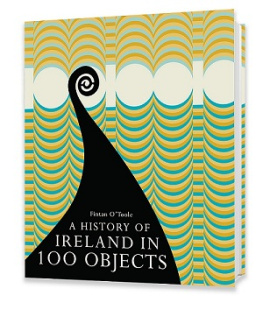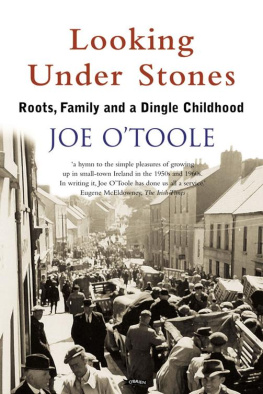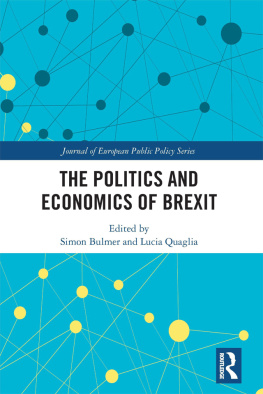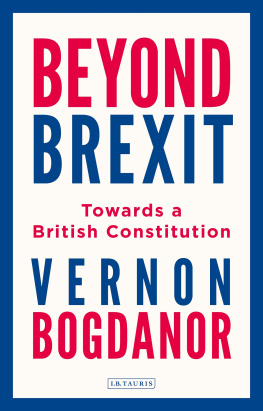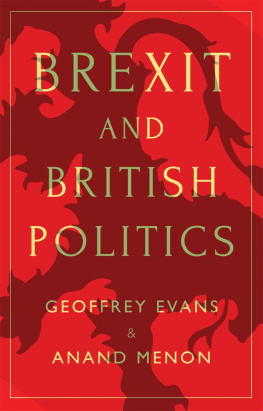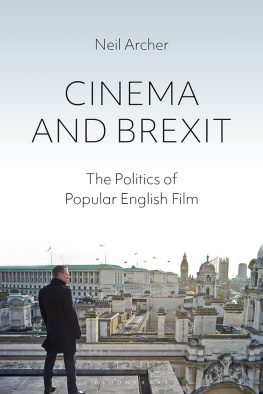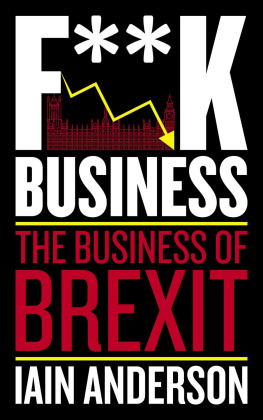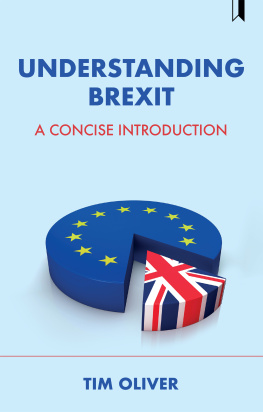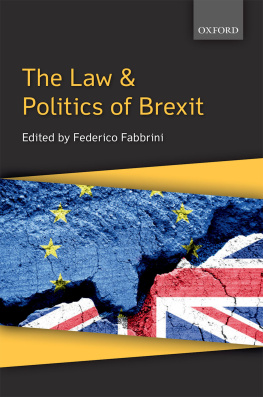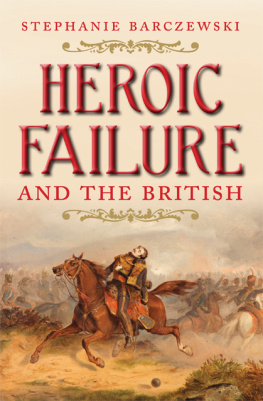OToole - Heroic failure: Brexit and the politics of pain
Here you can read online OToole - Heroic failure: Brexit and the politics of pain full text of the book (entire story) in english for free. Download pdf and epub, get meaning, cover and reviews about this ebook. City: Großbritannien, year: 2019, publisher: Head of Zeus, genre: Politics. Description of the work, (preface) as well as reviews are available. Best literature library LitArk.com created for fans of good reading and offers a wide selection of genres:
Romance novel
Science fiction
Adventure
Detective
Science
History
Home and family
Prose
Art
Politics
Computer
Non-fiction
Religion
Business
Children
Humor
Choose a favorite category and find really read worthwhile books. Enjoy immersion in the world of imagination, feel the emotions of the characters or learn something new for yourself, make an fascinating discovery.
Heroic failure: Brexit and the politics of pain: summary, description and annotation
We offer to read an annotation, description, summary or preface (depends on what the author of the book "Heroic failure: Brexit and the politics of pain" wrote himself). If you haven't found the necessary information about the book — write in the comments, we will try to find it.
Heroic failure: Brexit and the politics of pain — read online for free the complete book (whole text) full work
Below is the text of the book, divided by pages. System saving the place of the last page read, allows you to conveniently read the book "Heroic failure: Brexit and the politics of pain" online for free, without having to search again every time where you left off. Put a bookmark, and you can go to the page where you finished reading at any time.
Font size:
Interval:
Bookmark:

AN APOLLO BOOK
www.headofzeus.com
 |
A fierce, mordantly funny and perceptive book, from the author of Ship of Fools, about the act of national self-harm known as Brexit. A great democratic country tears itself apart, and indulges in the dangerous pleasures of national masochism.
In exploring the answers to the question: why did Britain vote leave?, Fintan OToole finds himself discovering how trivial journalistic lies became far from trivial national obsessions; how the pose of indifference to truth and historical fact has come to define the style of an entire political elite; how a country that once had colonies is redefining itself as an oppressed nation requiring liberation; the strange gastronomic and political significance of prawn-flavoured crisps, and their role in the rise of Boris Johnson; the dreams of revolutionary deregulation and privatisation that drive Arron Banks, Nigel Farage and Jacob Rees-Mogg; and the silent rise of English nationalism, the force that dare not speak its name.
He also discusses the fatal attraction of heroic failure, once a self-deprecating cult in a hugely successful empire that could well afford the occasional disaster: the Charge of the Light Brigade, or Franklin lost in the Arctic. Now failure is no longer heroic it is just failure, and its terrible costs will be paid by the most vulnerable of Brexits supporters, and by those who may suffer the consequences of a hard border in Ireland and the breakdown of a fragile peace.
To Bjrn Oisn and all the new Europeans
The fact is that, in spite of the way we behave, we cannot any longer feel that the infliction of pain is merely funny
GEORGE ORWELL , 1944
London that summer had a sort of heat Id never experienced in Ireland, the dense, closed-in kind you get only in very big cities. It was 1969, I was eleven years old and this was my first day in England. Id come over on the boat from Dublin to Liverpool with my father and my brother, who was thirteen. Wed come on the bus through the English Midlands, a deeply foreign landscape of motorways and service stations and giant power plants. My fathers first cousin Vincent had met us at the terminus and wed taken another bus across to the East End, where wed be staying with my mothers sister Brigid. Brigid was a nun, so we were actually going to be staying in a Catholic convent. Between the heat and the prospect of three days behind convent walls, my dad decided he could do with a pint. So my brother and myself were left sitting on a low wall with bottles of Fanta, while Vincent and my father disappeared into the pub.
I remember sitting on that wall and sucking on the straw to try to suppress a rising panic. We were alone in England, abandoned in an alien place. England, as an idea, terrified me. I knew from history lessons in school that the English only ever did bad things to Irish people. And I knew that the heart of that badness was Protestant. There was one true faith, which was, of course, Catholic, so England by its very nature was deviant. You wouldnt know what to expect of such people except that it would not be nice. My older brother was playing it cool. I was sweating with heat and inherited anxiety.
Then, along the road, came an enormous man in flowing white robes, his height accentuated by a tall leopard-skin hat. He had an entourage of five or six men, also dressed in white but far less flamboyant. He was surely some kind of dignitary, a minor king perhaps or a tribal chief. I couldnt help staring at him. He held my gaze and his face lit up with a huge smile. He patted me on the head in a gesture of blessing and benevolence and said something to his sidekicks in a language I did not recognize. He looked down at me and asked, Are you enjoying your pop? Pop wasnt a word we used in Ireland for sugary drinks, but I knew what it meant. I knew from the British comics we devoured, the Beano and the Dandy , that it was something English kids said. And it struck me that he thought my brother and myself were natives, that we were English. I was quite indignant. I wanted to explain to him that he had it all wrong, that we were visitors at least as foreign as himself. But I was too awestruck to say anything and in any case he was sailing majestically onwards down the street, trailed by the brilliant white wake of his entourage.
Ive sometimes wondered what my eleven-year-old self might have said to that regal personage if I could have articulated any of my feelings. What if he had heard my protests and dismissed them: Well you look English to me, so why all the fuss? What if hed asked what we were doing here anyway? Id have had to tell him that my uncle Vincent, who was in the pub behind us, had left working-class Dublin and been able to get a great education in England, ending up at Oxford University and then as a lecturer in English at Warwick. And that we were going to stay with my auntie, the nun, who was working as a nurse in the East End. And after that wed be going to stay in Maidstone with my fathers brother Kevin, who had been a quartermaster sergeant in the Royal Engineers and voted Tory. And then we were going to stay with my mothers brother Peter and his wife Cilla in Manchester: he was a bus driver and she worked in a sewing factory and they were Labour people. And that all their kids the cousins who spoke with a Kentish burr or a Manchester drawl were the same as me, really, that we played the same games and watched the same TV programmes and listened to the same pop songs and got on together immediately we met because we were family. Im not sure hed have been convinced my Irishness was anything more than a tiny local variation of Englishness.
It was much more, of course and it still is. Being Irish isnt something you have to prove its just a matter of fact. But its also not simple and in particular it is not what my eleven-year-old self thought it was the opposite of being English. Relationships within what we now call these islands are fluid, ambiguous and complex. England, Scotland, Wales, Northern Ireland and the Republic of Ireland form some kind of matrix, but it is always shifting and never stable. And the people who belong within these entities are not simple or stable either. We let identities go and we bring them back from the dead. Sometimes, the network of relationships matters a lot and sometimes we forget about it because we are too busy looking inwards. Most of the time, we are quite comfortable holding at least two contradictory ideas in our heads at the same time.
I grew up with those contradictions. The official Irish culture of my childhood and youth was one that defined Ireland as whatever England was not. England was Protestant; so Catholicism had to be the essence of Irish identity. England was industrial; so Ireland had to make a virtue of its underdeveloped and deindustrialized economy. England was urban; so Ireland had to create an image of itself that was exclusively rustic. The English were scientific rationalists; so we Irish had to be the mystical dreamers of dreams. They were Anglo-Saxons; we were Celts. They had a monarchy, so we had to have a republic. They developed a welfare state; so we relied on the tender mercies of charity. In other words, I know exactly what an either/or identity looks and feels like.
But life just wasnt like that. Two of my uncles and two of my aunts fought for the British during the war, and I have always been proud that they played their part in defeating fascism. My aunts and uncles were very happy to work in factories and services in English cities. They emigrated, not so much to England as to the welfare state. The Irish, like so many other migrant peoples, helped to build one of the great achievements of civilization, the National Health Service, and enjoyed its benefits. They relished the educational opportunities opened up by British social democracy. And, though they were certainly capable of racism, many also relished life in a multi-ethnic society. Many of my cousins are half-Irish and half-Afro-Caribbean or half-Irish and half-Asian. And, though Catholicism was an important point of distinction, it is also true that many Irish people preferred to live in England because they could escape from Irish sexual prejudice and repression.
Font size:
Interval:
Bookmark:
Similar books «Heroic failure: Brexit and the politics of pain»
Look at similar books to Heroic failure: Brexit and the politics of pain. We have selected literature similar in name and meaning in the hope of providing readers with more options to find new, interesting, not yet read works.
Discussion, reviews of the book Heroic failure: Brexit and the politics of pain and just readers' own opinions. Leave your comments, write what you think about the work, its meaning or the main characters. Specify what exactly you liked and what you didn't like, and why you think so.

